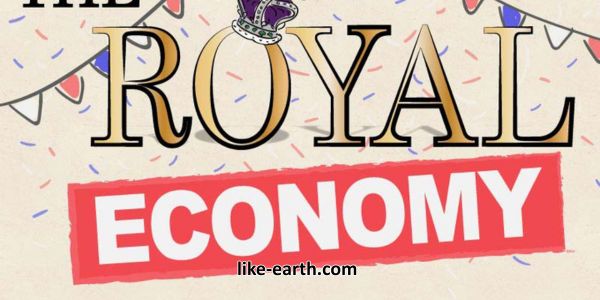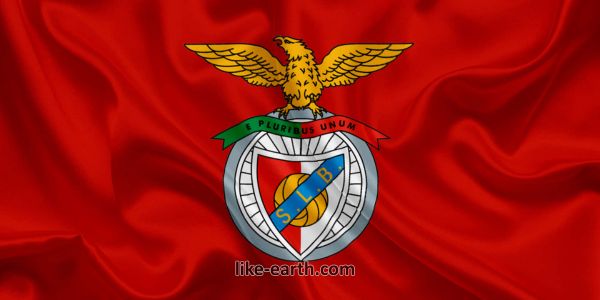Impact of the Royal Family on the UK Economy

Impact of royal family on UK economy is a widely debated topic in political and economic circles. The British monarchy, one of the most recognized institutions globally, has financial and symbolic value. From tourism to branding, its influence shapes several sectors within the United Kingdom.
The Royal Family as a Global Brand
The royal family functions like a global brand. It attracts attention from millions around the world. Their events, engagements, and controversies are highly publicized. This global visibility fuels curiosity and drives spending on British products and services. From commemorative merchandise to fashion trends, their influence is extensive.
Tourism Revenue Generated by Royal Attractions
Palaces like Buckingham, Windsor, and Kensington are major tourist draws. In 2019 alone, over 3 million people visited royal residences. These visits generated significant ticket sales and boosted nearby hospitality industries. Hotels, restaurants, and souvenir shops thrive due to the constant influx of royal fans.
Royal Weddings and Global Broadcasts
Royal weddings have massive economic implications. The wedding of Prince Harry and Meghan Markle in 2018 generated an estimated £1 billion for the UK economy. Broadcast rights, tourism spikes, and souvenir sales contributed to this windfall. Media coverage promotes British culture and tourism on a global scale.
Employment Opportunities Within the Royal Household
The royal household employs hundreds of staff. Roles range from administrative to ceremonial. These jobs contribute to the UK’s employment statistics. Additionally, businesses that provide services to royal estates enjoy stable contracts, further strengthening the economy.
Branding and International Perception
The monarchy strengthens Britain’s international image. As soft power, it projects stability, heritage, and continuity. Countries associate British products with quality and tradition. This boosts exports in fashion, education, and even real estate. Tourists often cite the monarchy as a reason for visiting the UK.
Costs Associated with Maintaining the Monarchy
The royal family does incur public expenses. In 2023, the Sovereign Grant totaled £86.3 million. Critics argue this is excessive. However, when compared to economic contributions, the monarchy still yields a net benefit. Financial transparency and accountability measures ensure ethical spending.
Media Coverage and Entertainment Economy
Television shows, documentaries, and books on the royal family boost the entertainment sector. Platforms like Netflix and BBC consistently create royal content. This generates advertising revenue, subscriptions, and job creation. The monarchy remains one of the most profitable content subjects globally.
Real Estate and Infrastructure Development
Royal estates are not just historical monuments. They play a role in regional economic development. Projects such as The Duchy of Cornwall manage land and buildings across the UK. These projects create housing, support agriculture, and fund social initiatives.
Philanthropic Work and Economic Ripple Effect
Members of the royal family support hundreds of charities. Their patronage attracts donations, sponsorships, and awareness. This funding fuels social programs that reduce long-term economic strain on public systems. Moreover, charity events create short-term boosts in local spending.
International Trade and Diplomatic Influence
Royal visits abroad help strengthen diplomatic ties. These engagements often coincide with trade negotiations. By embodying tradition and prestige, royal representatives open doors for British companies. Such symbolic diplomacy facilitates international cooperation and investment.
Public Opinion and Economic Evaluation
Public opinion on the monarchy’s economic value varies. Supporters highlight the above advantages. Detractors emphasize the cost and privilege. Studies often show a favorable cost-benefit ratio. For example, Brand Finance estimated the monarchy’s contribution at over £1.7 billion annually.
Comparisons with Republics
Countries with elected heads of state incur costs too. Security, state ceremonies, and infrastructure expenses exist regardless of system. However, few republics match the monarchy’s branding power. The UK benefits uniquely from its royal legacy in a way that few modern nations do.
Conclusion: A Net Positive Influence
The impact of royal family on UK economy reveals a complex financial ecosystem. While the monarchy requires investment, the returns in tourism, branding, media, and diplomacy are significant. The institution remains a valuable asset in Britain’s economic strategy.
To learn more about global cultural and economic issues, visit our main website.
Stay connected and join our discussions on our official WhatsApp channel.



